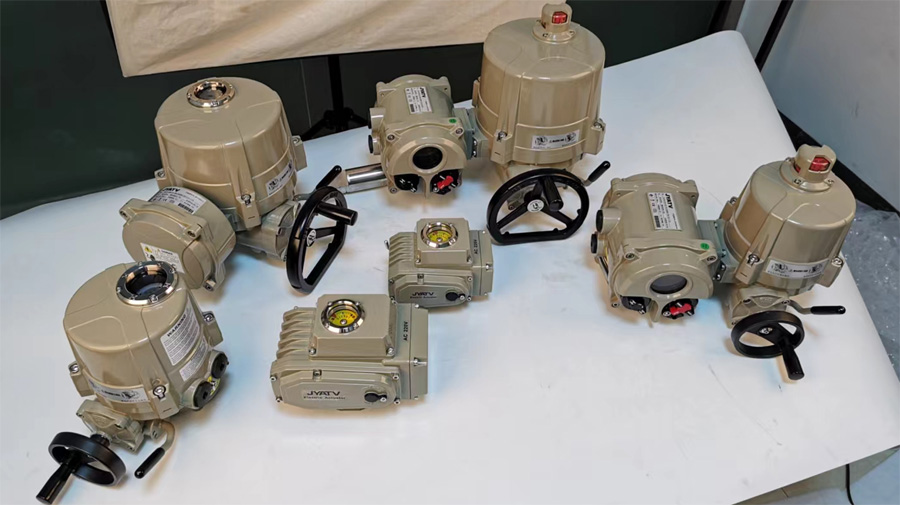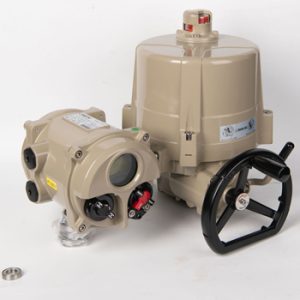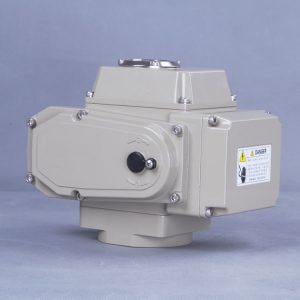Valve actuators are essential components in industrial and automated systems, offering reliable control over flow and pressure in pipelines. Designed for optimal performance, both pneumatic actuator and electric actuator
Pneumatic actuator excel in high-speed, repetitive applications, using compressed air to actuate valves like pneumatic ball valves and pneumatic butterfly valve. Their robust design ensures seamless operation in demanding environments such as chemical processing, water treatment, and oil refining.

electric actuators deliver precise and reliable control, making them ideal for applications requiring higher accuracy and less maintenance. They pair efficiently with electric ball valves and electric butterfly valves, offering quiet operation and energy efficiency. Electric actuators are especially favored in industries like HVAC, food processing,
FAQs
What are valve actuators?
Valve actuators are devices used to automate the operation of valves, enabling precise control of flow and pressure in various industrial applications. They reduce the need for manual intervention, enhancing efficiency and reliability across systems.
What is the difference between pneumatic and electric actuators?
– Pneumatic actuators use compressed air to operate and are ideal for high-speed and repetitive applications. They are well-suited for rugged environments and are commonly paired with pneumatic ball valves and butterfly valves.
– Electric actuators, on the other hand, are powered by electricity and are designed for precise and controlled valve movements. They work well with electric ball valves and butterfly valves, offering quieter and more energy-efficient operation with minimal maintenance requirements.
What industries use valve actuators?
Valve actuators are used in a wide range of industries, including oil and gas, water treatment, chemical processing, HVAC, power generation, and food and beverage processing. They are critical components in any system requiring consistent flow control and automation.
How do you choose the right actuator for your system?
The choice depends on factors such as the type of valve (e.g., ball or butterfly), operating conditions, level of precision required, and available power source. Pneumatic actuators are best for high-speed, large-scale operations, while electric actuators are ideal for applications needing accuracy and energy efficiency. Consulting with an expert can help determine the most suitable option.
Download valve actuator catalog PDF
 ? ? ? ? ? ? ? ? ? ? ? ? ? ? ? ? ? ? ? ? ?
? ? ? ? ? ? ? ? ? ? ? ? ? ? ? ? ? ? ? ? ? 
Pneumatic actuator pdf? ? ? ? ? ? ? ? ? ? ? ? ? ? ?Electric actuator pdf
Get A Quote




